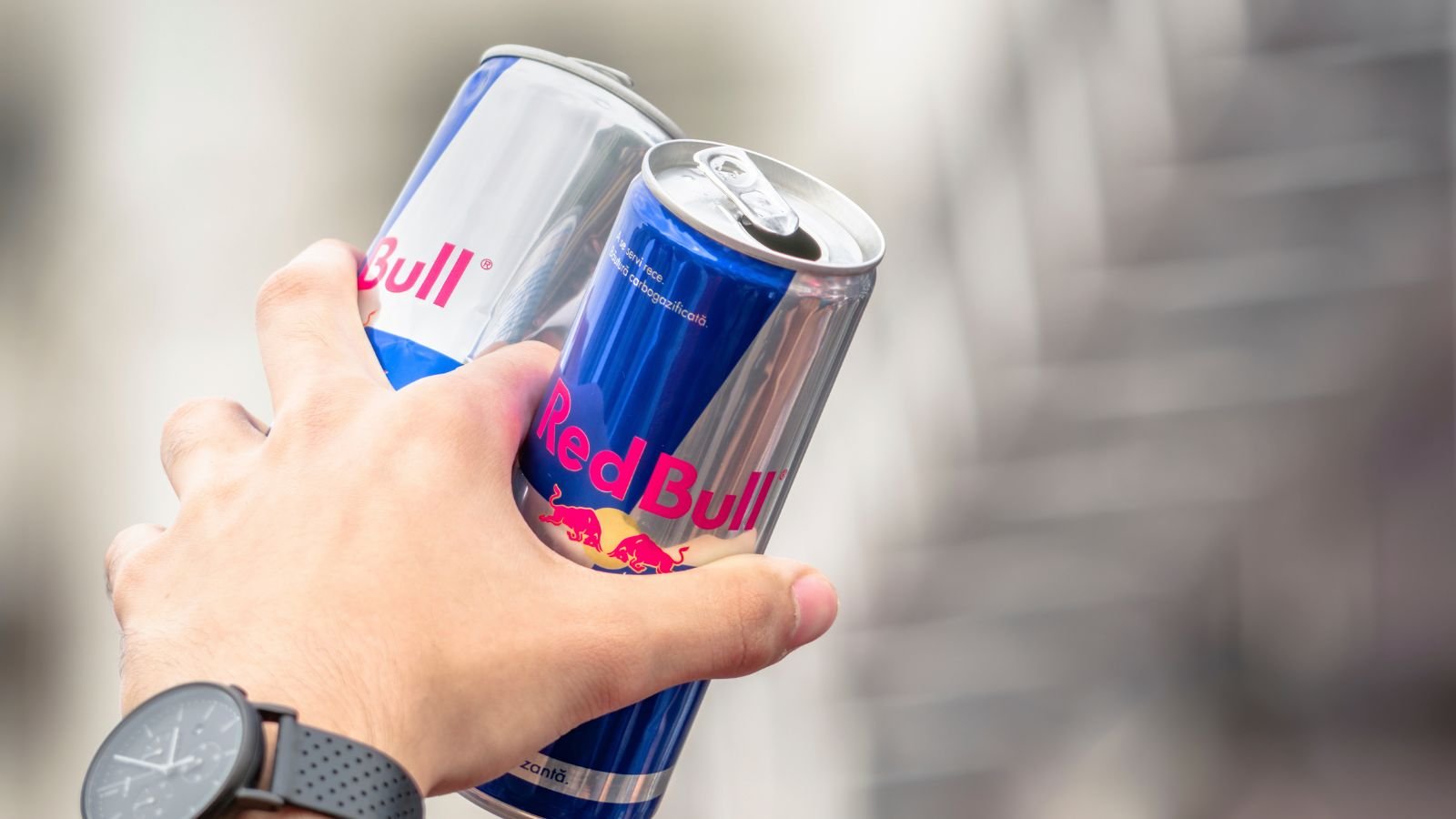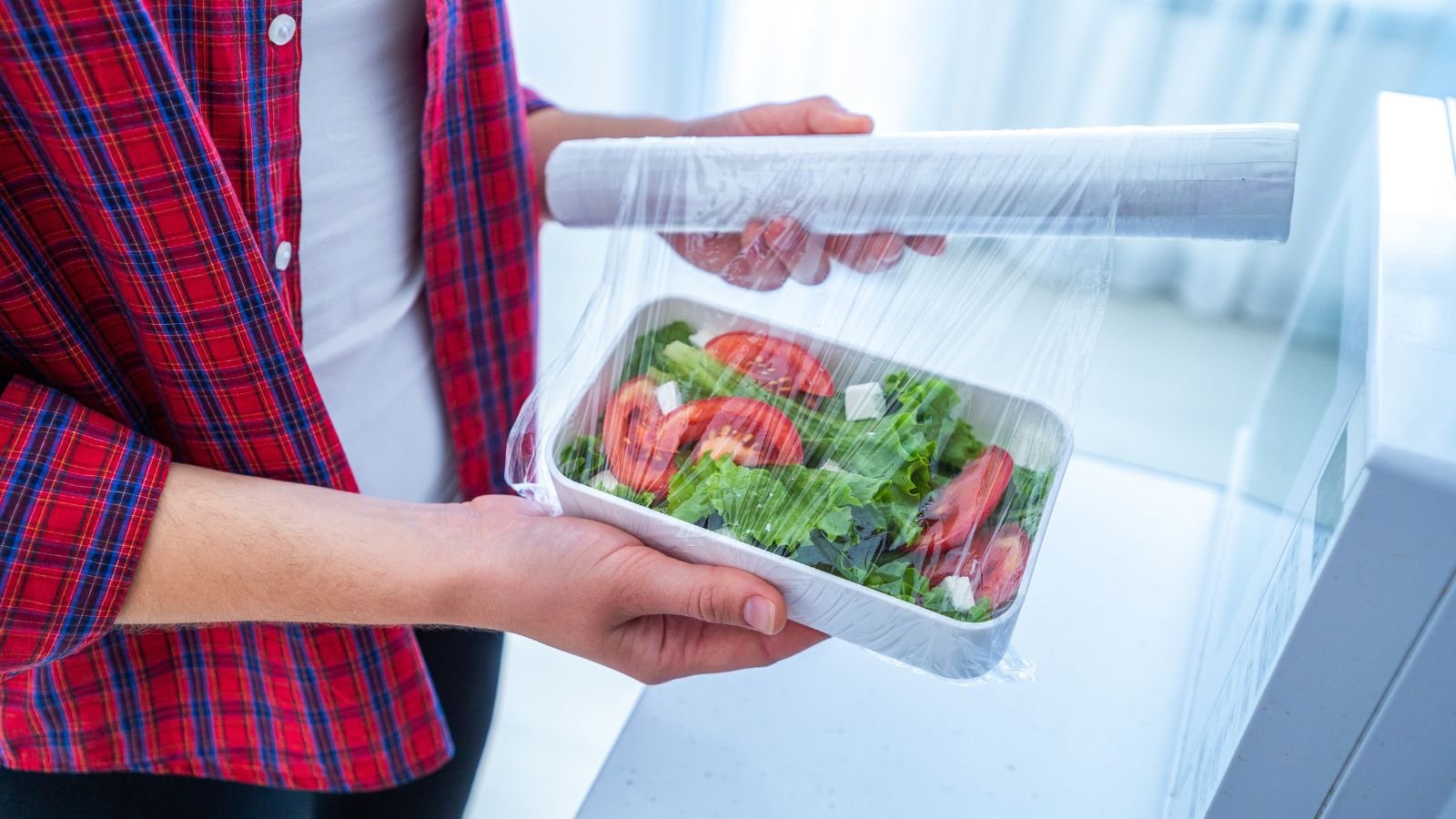Gas stations are the pit stops of our modern lives, offering quick and convenient refuels for our vehicles. But while we’re topping off the tank, it’s easy to let temptation take the wheel and fill our carts with snacks.
Gas stations offer a tempting variety of options and are available 24/7, making them a go-to choice for many on-the-go individuals. However, the convenience of these foods often comes at a significant cost to your health. Let’s explore the nutritional pitfalls lurking behind those convenience store counters.
Processed Snacks

Processed foods like potato chips, wafers, cookies, and candy bars, are prevalent in gas station convenience stores. These items typically contain unhealthy trans fats, excessive sodium, and copious refined sugars.
Consuming such snacks frequently can contribute to weight gain and elevated blood pressure and can pose other serious health risks. The lack of essential nutrients in these products can lead to feelings of fatigue and impaired cognitive function. For example, an average 8 oz bag of chips contains 112.91gm carbohydrate and 85.06 g lipid fat, but the total dietary fiber is only 9.99 g.
Hot Dogs and Processed Meats

Hot dogs and other processed meats, commonly found in gas station food offerings, are high in saturated fat, sodium, and preservatives. These components can raise the risk of cardiovascular disease and can lead to ceratin types of cancer. The high sodium content can contribute to water retention, bloating, and elevated blood pressure. Moreover, the processing involved in creating these products can generate harmful compounds that may negatively impact overall health.
Sugary Drinks

Sugary drinks, including soda, energy drinks, and sports drinks, are readily available at most gas stations. These drinks are packed with added sugars, which can cause weight gain obesity. The simplified sugar gets easily absorbed into the blood, which can also lead to high glucose spikes and, ultimately, diabetes. One sugary drink a day, without cutting back elsewhere, could pave the way to a five-pound weight gain within a year. Excessive sugar consumption has also been associated with an increased risk of dental problems, such as cavities. Furthermore, sugary drinks offer little to no nutritional value, leaving consumers feeling hungry and dehydrated shortly after consumption.
Prepackaged Sandwiches

Prepackaged sandwiches, often found in gas station coolers, are typically high in salts like phosphorus and sodium, trans fats, and artificial colors and flavors. These ingredients can contribute to heart disease, high blood pressure, and digestive issues. Additionally, the bread used in these sandwiches is often low in fiber and whole grains, providing little sustenance. The processed deli meats and cheese commonly found in these sandwiches are also high in saturated fat and sodium, exacerbating the health risks associated with these products.
Beef Jerky and Other Dried Meats

Beef jerky and similar dried meats are often marketed as healthy and convenient protein sources. However, many of these products are excessively high in salt content. Only one serving (28 ounces) of beef jerky covers 22% of your daily sodium needs. Therefore, crossing it can lead to high blood pressure and other cardiovascular issues. Additionally, the dried meat can contain harmful compounds like mycotoxins, which is a fungus that grows on the meat. While they may provide a temporary energy boost, the long-term consequences of consuming these products regularly outweigh the benefits.
Frozen Dinners

Frozen dinners found in gas stations can be tempting due to their convenience, but they are often loaded with unhealthy ingredients. These meals are typically high in sodium, saturated fat, and artificial additives, which can contribute to several health issues. Moreover, they often contain excessive processed carbohydrates and lack essential nutrients like fiber and vitamins. While they may seem like a complete meal, the overall nutritional quality is generally poor.
Energy Drinks

Energy drinks are popular among those seeking a quick energy boost, but they have significant drawbacks. These beverages are typically packed with sugar, caffeine, and artificial additives. A typical energy drink can contain almost 30 gms of sugar and 160 mg or more caffeine. Excessive sugar intake can lead to skin aging, obesity, and dental problems, while excessive caffeine can cause anxiety, insomnia, and digestive issues. Additionally, the combination of sugar and caffeine can create a dependency, leading to increased consumption over time.
Prepackaged Baked Goods

Prepackaged pastries, muffins, and donuts are often displayed prominently in gas stations, tempting customers with their sweet aroma. However, these items are typically high in refined carbohydrates, unhealthy fats, and added sugars. Eating these in excessive amounts can lead to weight gain, obesity, and type 2 diabetes. Furthermore, they lack essential nutrients like fiber and vitamins, leaving you hungry and unsatisfied shortly after consumption. While these baked goods may be indulgent, their negative impact on health outweighs the temporary pleasure they provide.
Slushies and Icees

Slushies and Icees, often seen as refreshing treats, primarily contain sugar, artificial flavors, and water. A regular-size slushie drink contains almost 67 calories per 240 gm serving, and this serving has 0 fat and protein and 18 gm of carbohydrate. The carb turns into 18gm of sugar. Excessive consumption of these sugary beverages can pose serious health risks. The high sugar content can also lead to dental issues and provide a rapid energy spike followed by a crash.
Prepackaged Salads

While prepackaged salads may seem healthier, those found in gas stations often fall short of nutritional standards. These salads are frequently laden with high-sodium dressings, which can contribute to high blood pressure and water retention. Additionally, the quality of the greens and other ingredients may be compromised due to the use of preservatives and extended shelf life. To achieve a satisfying and nutritious salad meal, preparing salads at home using fresh ingredients is generally recommended.
Nacho Cheese

Nacho cheese at gas stations is a food to be cautious of. The cheese often sits out for extended periods, leading to bacterial growth. In some cases, nacho cheese has been linked to serious health hazards, including botulism, a rare but dangerous illness. The risk increases if the cheese is not stored or heated correctly. In 2017, a contaminated batch of nacho cheese at a gas station in California led to the death of one individual and caused several others to be hospitalized.
Packaged Soups

Prepackaged soups in gas stations may appear to be a convenient and warm meal option, but they often contain hidden health risks. These soups are frequently high in sodium, unhealthy fats, and artificial additives. Excessive sodium intake can elevate blood pressure and cause heart diseases. Additionally, many prepackaged soups contain corn flour and are low in protein and fiber, leaving you unsatiated shortly after consumption. Instead, consider opting for homemade soup, which allows you to control the nutritional values and have a more wholesome food.
